Nearly half of iPhone users asked mistakenly think they have a 5G connection
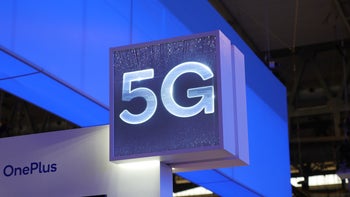
An interesting study of Apple iPhone users across all carriers in the states has discovered that 49% of them believe that their handset is rocking 5G connectivity right now. However, as most of you know, no current iPhone model supports the next generation of wireless connectivity. The survey was conducted by Global Wireless Solutions (GWS) and it showed that it isn't just iPhone owners who aren't sure about whether their phone is 5G enabled or not.
Nearly half of iPhone users taking part in a survey think that their phone supports 5G
29% of all smartphone users who took part in the survey said that they didn't know whether their phone could access a 5G signal. Narrowing the field down to only those who purchased a new smartphone this year, 24% are unsure whether or not their handset connects to a 5G network. And speaking about 5G networks, 38% of the 5,000 consumers who were questioned do not know whether or not the wireless carrier they subscribe to offers 5G service where they live.
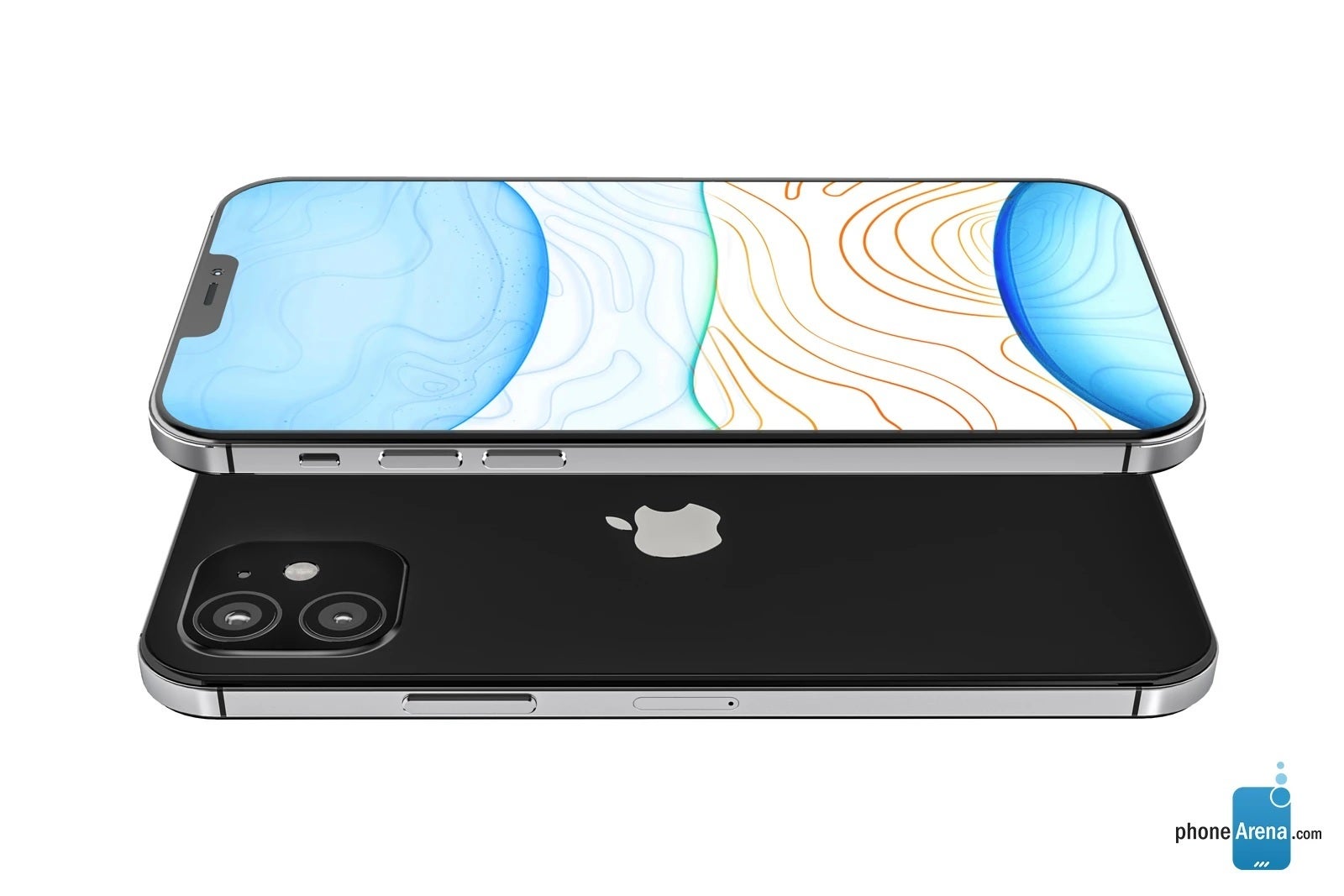
Apple will introduce the 5G iPhone 12 series this coming Tuesday
With download data speeds 10 times faster than 4G, consumers with 5G will be able to download movies in seconds instead of minutes. New businesses and industries will be created and the faster download and latency speeds will lead to self-driving vehicles and more. But for many, it is hard at the moment to see the benefits that 5G will bring to the public. That could be due to the fact that the faster data speeds available from mmWave 5G signals do not travel long distances. As a result, both T-Mobile and AT&T are using long-traveling low-band 5G spectrum for the foundation of their 5G networks. The only issue with these so-called sub-6GHz airwaves is that they do not deliver the super-fast 5G speeds as mmWave signals do.
Of the three major U.S. carriers, T-Mobile is using a "layer cake" 5G build consisting of 600MHz low-band spectrum at the bottom to provide depth of coverage throughout the states. The 2.5GHz mid-band spectrum acquired in the Sprint transaction will be deployed in rural areas of the country to make sure that Americans who live in this neck of the woods are able to access the faster data speeds. T-Mobile will eventually add more mmWave spectrum giving its 5G layer cake some sweet icing. Verizon, on the other hand, has been pretty much sticking to mmWave spectrum; the shorter distances that such high-band airwaves travel is responsible for the slower 5G build out that Verizon customers have been dealing with. Before the end of the year, Verizon will introduce its own low-band nationwide 5G network joining both T-Mobile and AT&T.
Those answering the survey say that they are most excited about the faster data speeds expected from 5G with that feature capturing the attention of 54% of the respondents. 16% said that they are excited about the improved HD video calling/conferencing with 13% pumped about the video streaming quality that should take place with 5G. And 8% can't wait to play video games with the better gaming experience that 5G brings.
Apple will be unveiling its first 5G iPhone models this coming Tuesday and the fact that these are the first handsets from Apple that support 5G is going to be a shock for the 49% of survey respondents who think that their iPhone already works with 5G.
The big payoff for consumers won't take place until the faster 5G signals are more readily available. Consumers say smart cities will be the biggest beneficiary of 5G. A majority of those taking the survey (54%) say that the timeline for 5G deployment should be sped up because of the public health crisis that Americans face today with the pandemic.




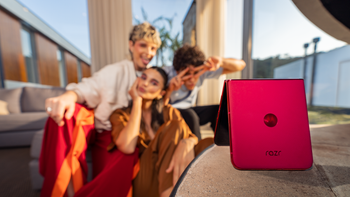
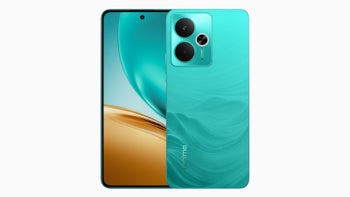
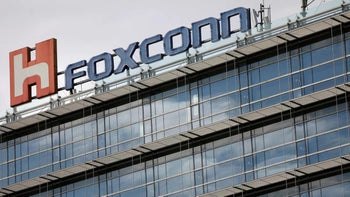



Things that are NOT allowed: